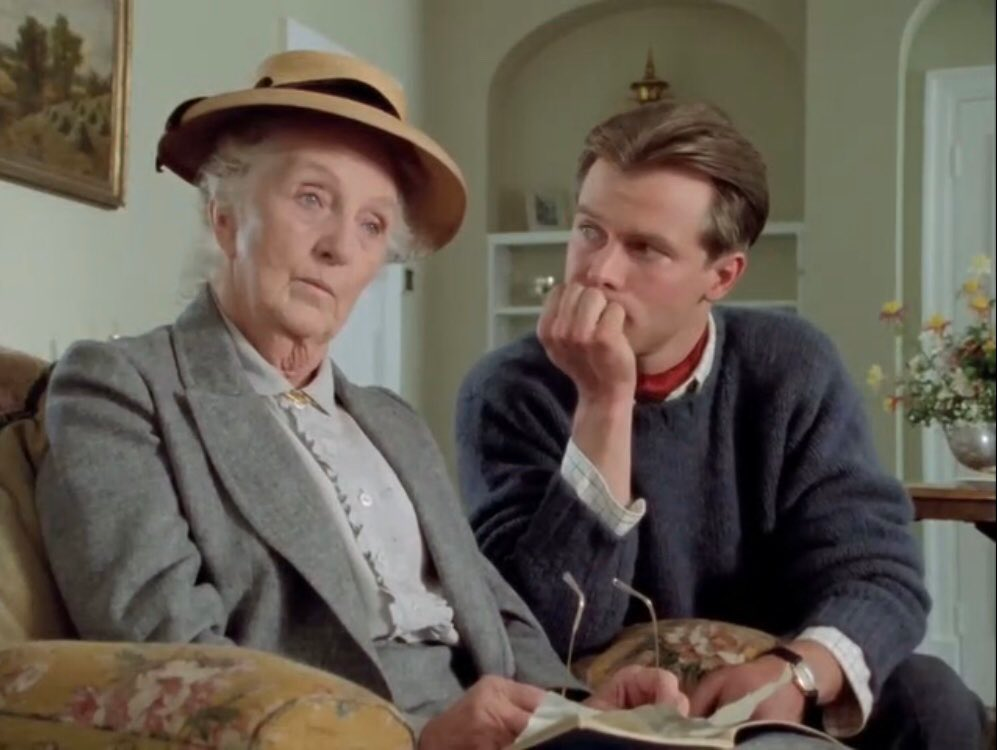

The strengths of watching a Sherlock adaptation set in another culture become especially evident in the second episode, which shares some qualities with Sherlock‘s second episode, “The Blind Banker.” Both have to do with mysteries and murders set in the international art world. Guys, I am a sucker for international TV. It’s also a treat to see Tokyo treated like a character in Miss Sherlock in the same way London is in Sherlock. Hudson character make for Sherlock in the second episode!) to the police and medical cultures to how PTSD and counseling are viewed in Japanese society.
REVIEW SHERLOCK MISS TV
As with any TV watching outside one’s own culture, there are so many cultural nuances and clues I am sure I don’t catch, but there is also so much more to learn and observe-from the food (the breakfast Wato and the Mrs. The change obviously creates a totally different context for the characters and mysteries to unfold. The second major difference? Miss Sherlock is set within Japanese culture. In Miss Sherlock, it still feels petulant, but there is a presumed social justice to it as well. In Sherlock, Sherlock finding glee in the relative power he has over Anderson feels like petulant privilege. Watson’s nurturing and empathetic nature plays differently when seen in a female character, as so does Sherlock’s determination to avoid social pleasantries. As a female viewer, there is something particularly cathartic about watching Inspector Reimon (Kenichi Takito), the Lestrade character, value Sherlock’s opinion over the opinion of the much less experienced Sergeant Shibata (Tomoya Nakamura), the Anderson character.

Yes, this all sounds very familiar-and Miss Sherlock even adopts some of Sherlock‘s visual language quirks, as well-but this adaptation features some major differences that make it worth a watch for any fan of Sherlock Holmes, Sherlock, or international TV.įirst, it casts its two main characters as women, which automatically changes the dynamics of so many of the main relationships and scenarios.


 0 kommentar(er)
0 kommentar(er)
